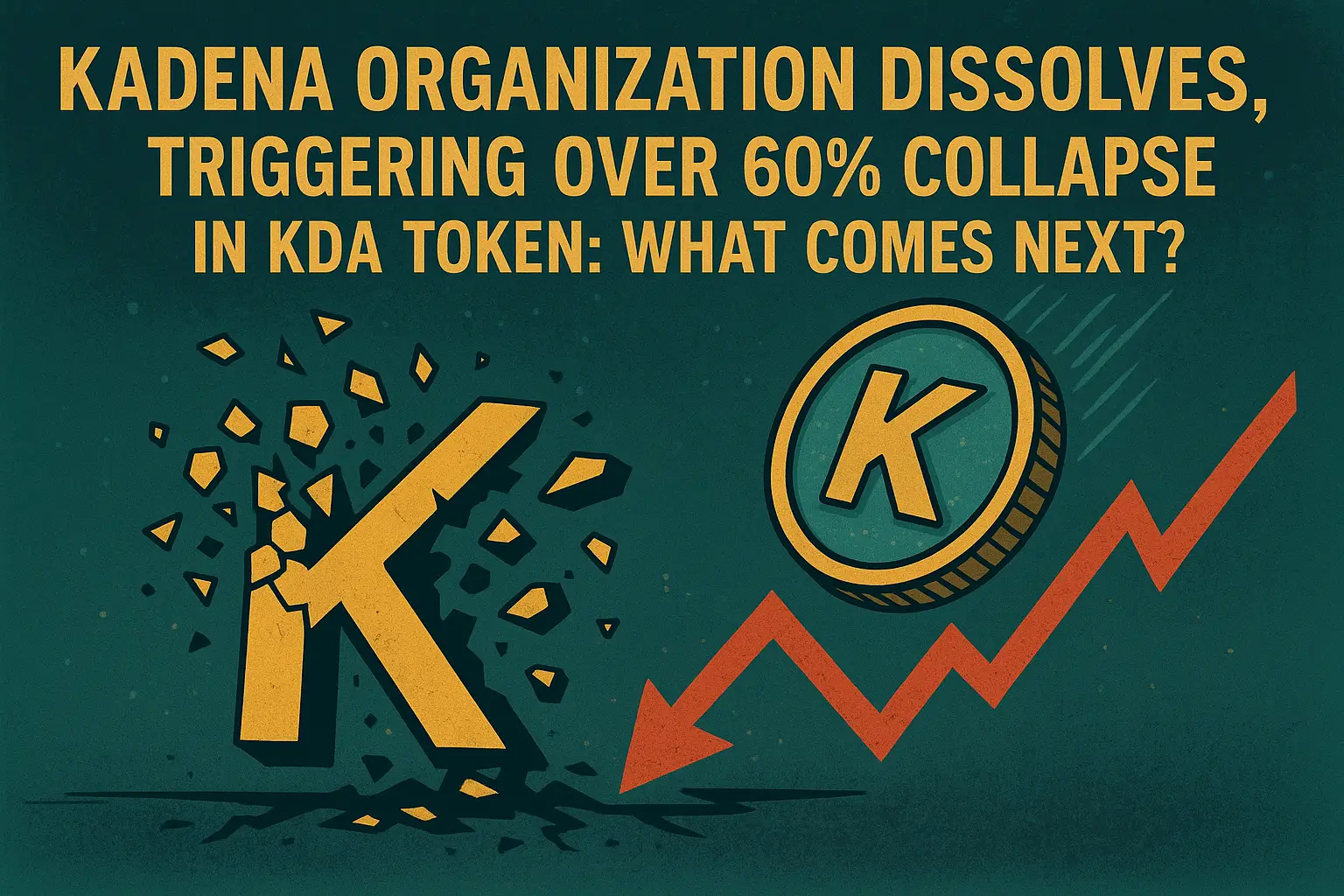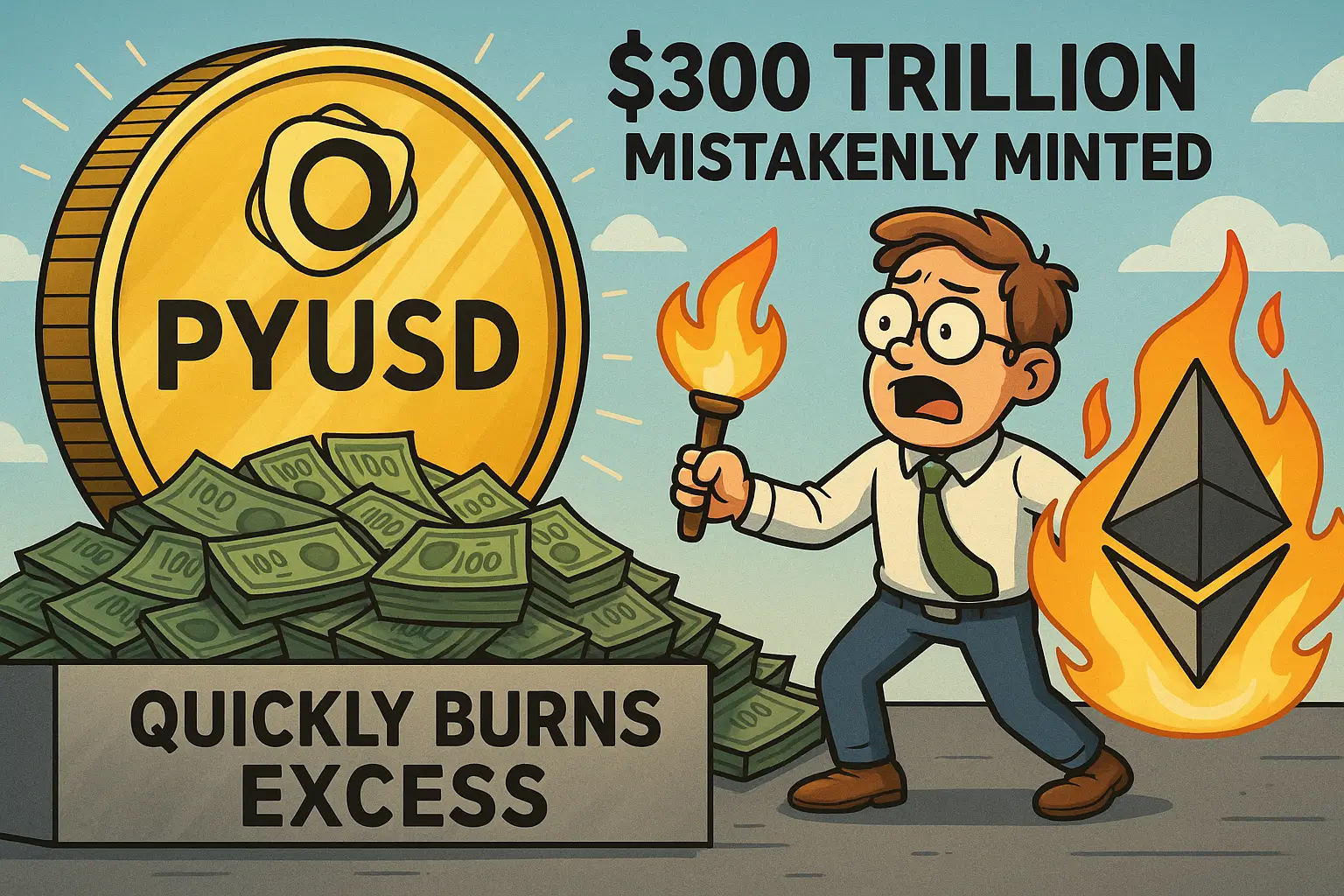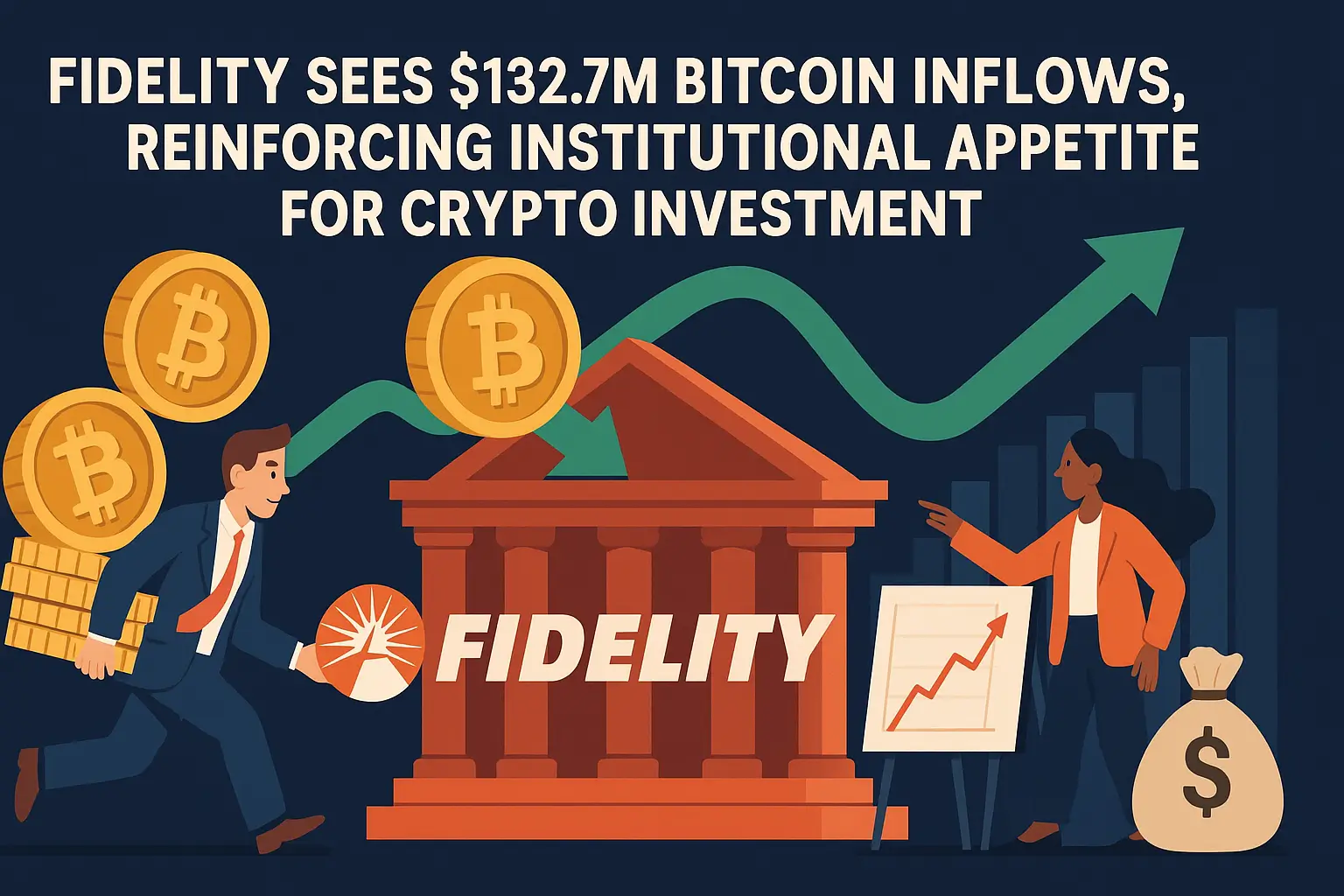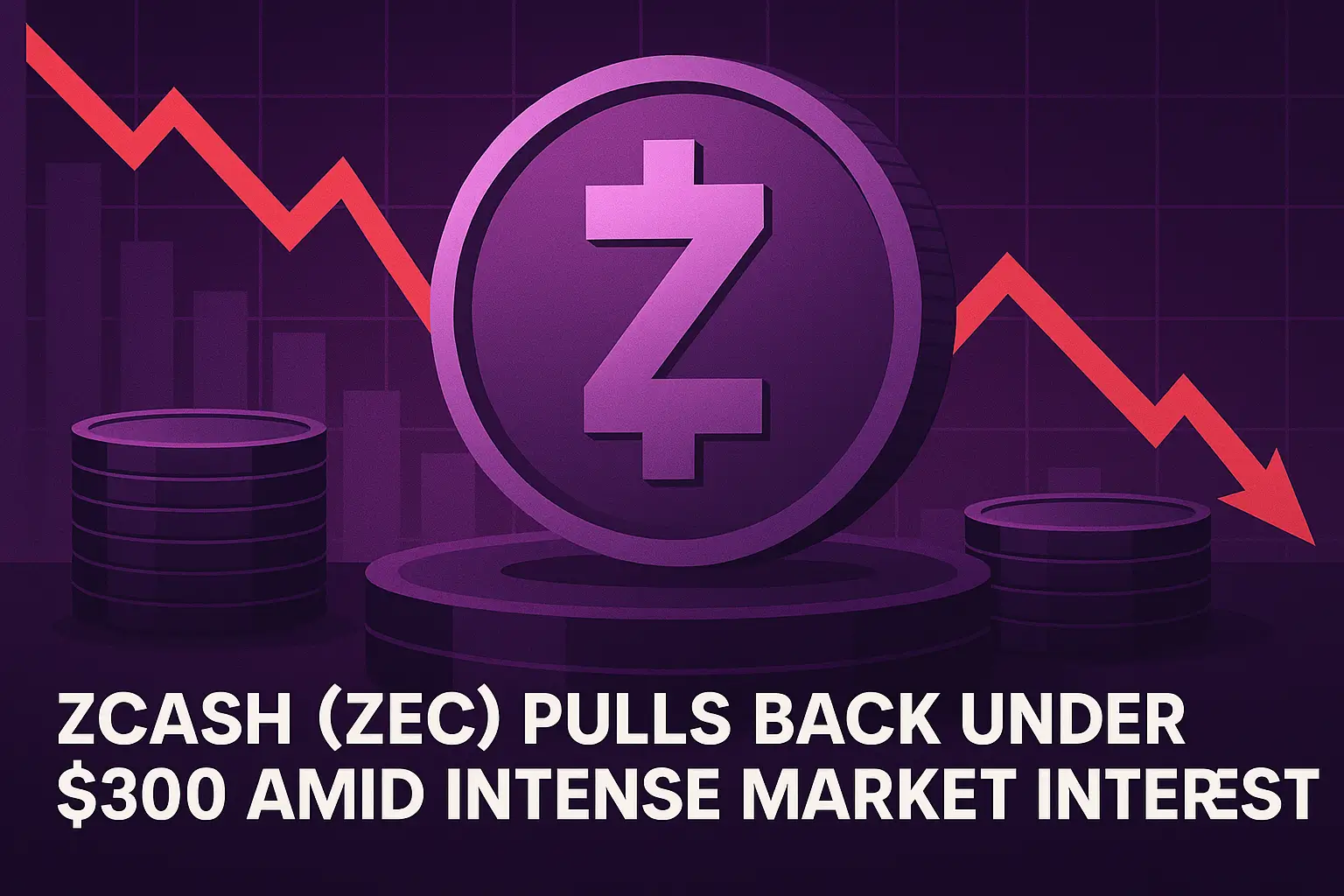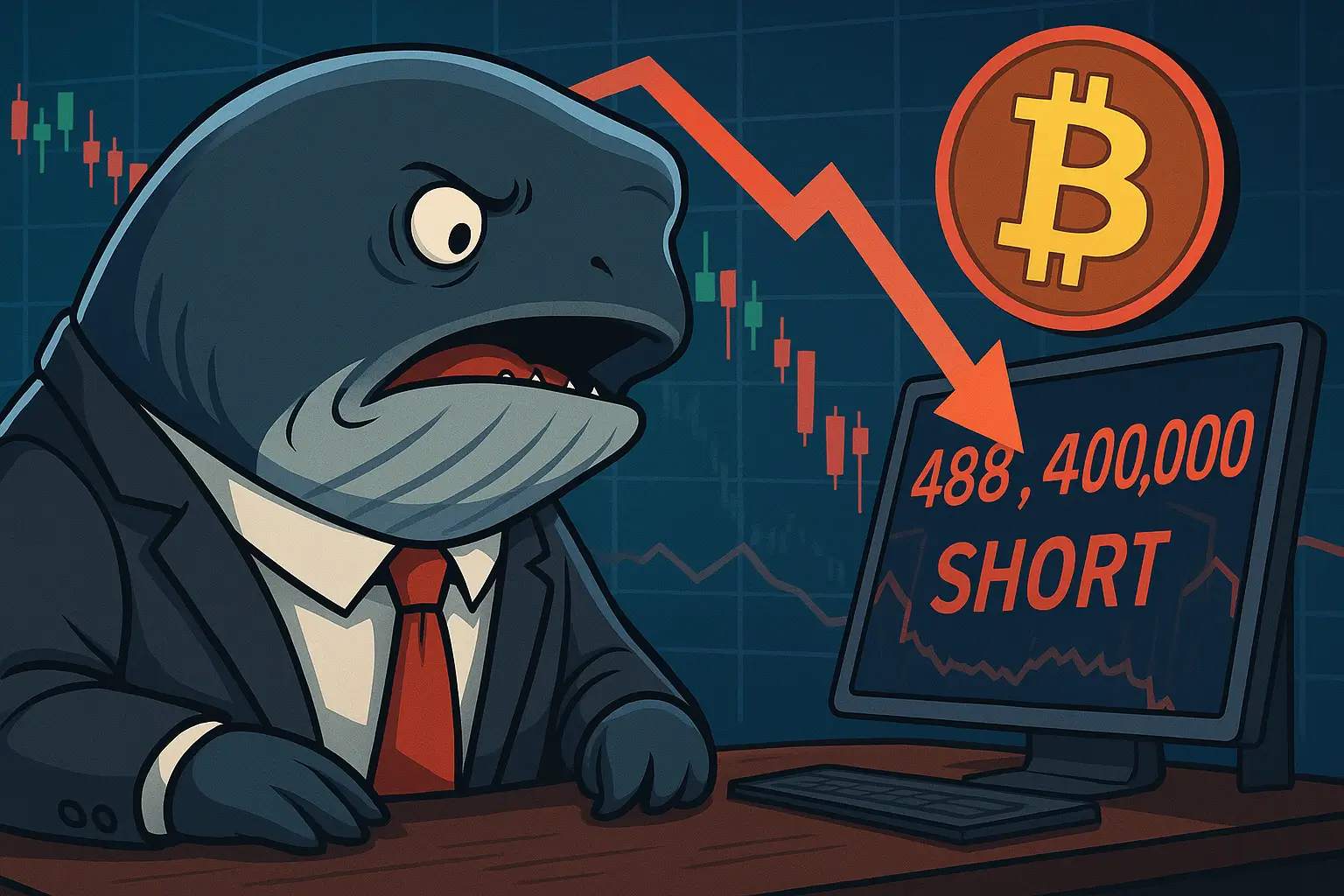Bunni, the Uniswap-v4–powered decentralized exchange, announced it is shutting down months after a catastrophic liquidity-rebalancing exploit that drained millions and forced the team to pause contracts.
Key Takeaways:
- Bunni suffered a liquidity-rebalancing exploit earlier last month that drained millions across chains; the team paused smart contracts and later offered a bounty to recover funds.
- The project said recovery of capital proved untenable and moved to wind down operations; users with funds on the platform were earlier urged to withdraw immediately.
- Though the token exists and is listed, the protocol has already announced a shutdown following a major exploit.
Bunni, a decentralized exchange (DEX) built on Uniswap v4 hooks, was targeted in a liquidity-rebalancing exploit on September 2. The attacker manipulated its Liquidity Distribution Function (LDF), siphoning off millions in digital assets. The team immediately paused smart contracts and urged users to withdraw funds, while blockchain sleuths traced the stolen assets across Ethereum and Unichain. Loss estimates ranged between $6 million and $8 million. Despite offering a 10% bounty for the return of funds, the stolen crypto remained unrecovered.
Shutdown Announcement and Project Rationale
Meanwhile, the team announced the shutdown on their official X (formerly Twitter) account, noting:
…it is with saddened hearts that we announce the shutdown of Bunni.
On its shutdown announcement, the team also emphasized that the recent exploit has forced it to stop its operations as a secure relaunching will cost the team to pay 6-7 figures, which is an amount the team can’t afford.
The team said that despite extensive efforts to coordinate with security partners and offer recovery options, the financial damage made continued operations “untenable.”
The project had previously promised to rebuild through community governance but acknowledged that post-hack conditions made that impossible.
BUNNI Token Shows Sell Signals According to Technical Indicators
As of this writing (9:00 AM UTC), CoinGecko’s real-time market data shows BUNNI is trading at approximtely $0.002508 with no detailed records of its recent price action due to market inactivity particularly since last week, October 15.

Technical data from Bitget show most moving averages flashing sell signals, while the RSI(14) is at 74.4, indicating near-overbought conditions despite overall bearish sentiment. Thin trading volume and halted liquidity functions continue to distort price readings on decentralized crypto exchanges.
Industry Analysts Flag DeFi Security Risks
Security experts pointed to Bunni’s downfall as another reminder of how complex DeFi architectures can magnify vulnerabilities. Analysts said integrating custom liquidity logic into protocols like Uniswap introduces added risks, especially when audits fail to detect subtle calculation flaws.
The incident shows how composability, while powerful, can also be dangerous when financial logic isn’t fully battle-tested, one analyst noted in a CoinTelegraph interview.
Industry commentators have urged new crypto projects to prioritize independent code reviews and ongoing security monitoring.
What’s Next?: DeFi Faces Renewed Security Scrutiny
Bunni’s shutdown marks the second major crypto project to fold this week following similar closures linked to exploits. The event highlights persistent challenges around smart contract security and underscores how one vulnerability can collapse entire DeFi ecosystems.
For investors and liquidity providers, experts recommend following official Bunni channels for recovery updates and avoiding unaudited forks claiming to “revive” the protocol. The broader DeFi market may face increased calls for standardization and risk disclosure before the next wave of innovation.
Summary
Bunni, a Uniswap v4–based DEX, is shutting down months after a liquidity-rebalancing exploit drained millions. Contracts were paused, recovery proved untenable, and technicals flash sell signals as the project winds down, renewing scrutiny on DeFi security practices.



